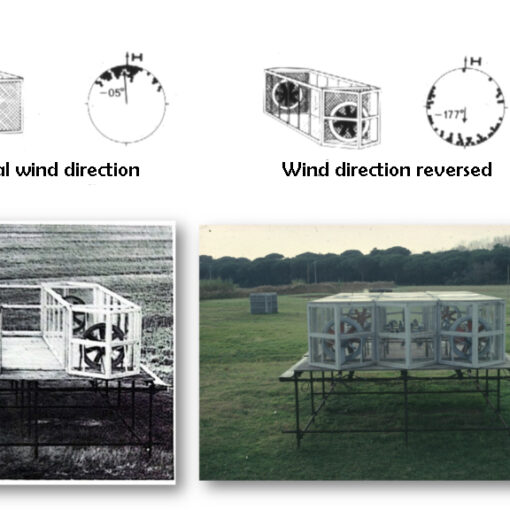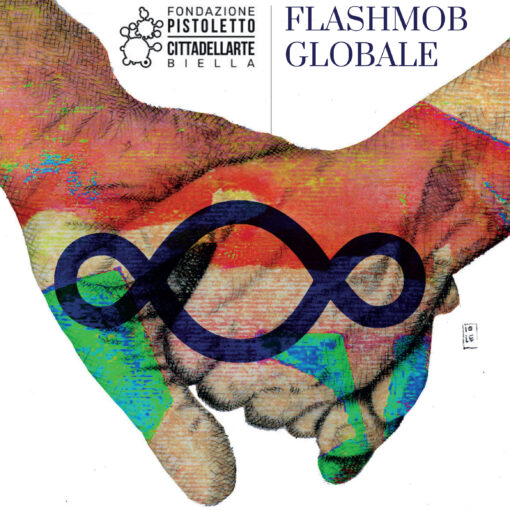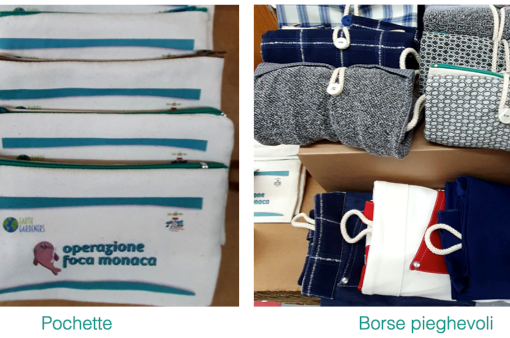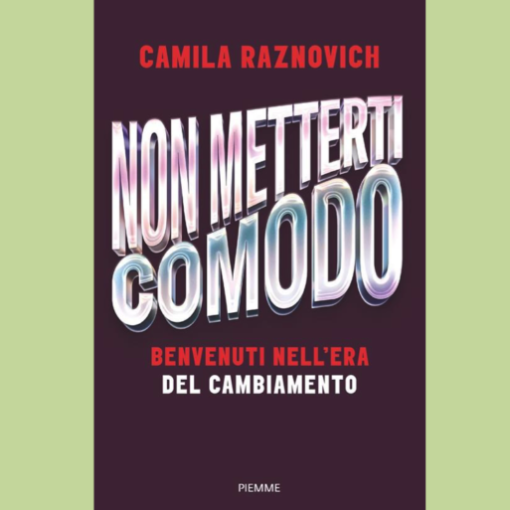
Once again Barbara Mazzolai surprises us by telling us how laboratories around the world are building a near future, through research projects in which the ingenious strategies of the plant world are intertwined with robotics and technology.
Man has always considered the planet as his own, consuming its resources and natural spaces. On the contrary, the plants, which have colonized the mainland for over 400 million years, are able to develop effective and above all efficient solutions for the sustainability and conservation of habitats and biodiversity, consuming very few resources, within the biological cycles, exploiting the environment and interaction with changes in humidity or temperature.
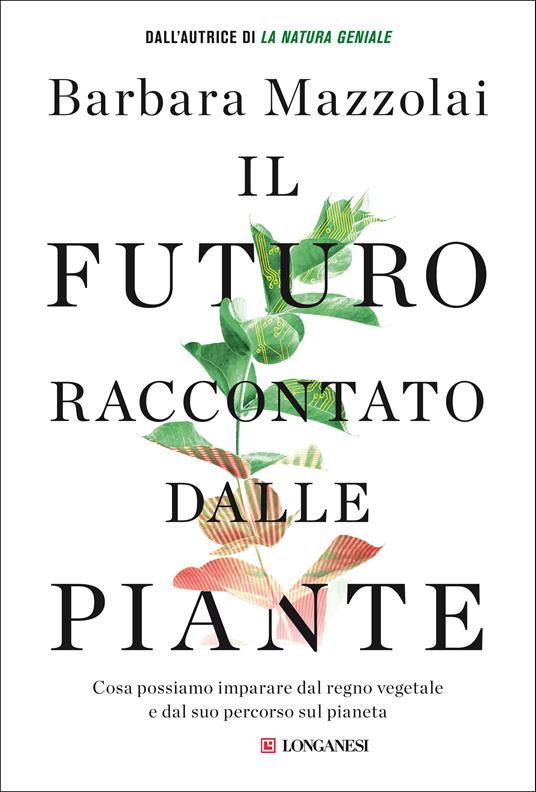
Pages: 224, hardcover | EAN: 9788830455139
The symbiosis between species, a sort of mutual aid within numerous ecosystems, the ability to produce clean energy through photosynthesis, the accumulation of deposits of non-renewable energy sources, the global interconnections between different ecosystems, and therefore the entire natural world, are just a few examples of how the plant world knows how to shape and react to face changes.
Observing the genius of nature must therefore make us reflect and orient our thinking. Barbara Mazzolai tells us how, by allying with nature, Science, through Robotics and Artificial Intelligence, will be able to offer concrete solutions for the protection of the Planet, to protect the climate and biodiversity. The new robots, inspired by the widespread intelligence of plants, will be able to help us understand better and more deeply the great secrets of nature.
Barbara Mazzolai, Biologist with a PhD in Microsystems Engineering and an International Master in Eco-Management at the Scuola Superiore Sant’Anna in Pisa, directs the Micro-Biorobotics Center of the Italian Institute of Technology and deals with bio-inspired robotics: designs machines that improve life by taking inspiration from plants. She had the intuition to direct research towards efficiency and the intelligent expenditure of available energy, for applications in fields ranging from medicine to archeology. In 2015 she obtained a grant for the realization of the Plantoid: the first robot in the world that imitates the plant world in its operation and was included by Robohub, the largest international scientific community of robotics experts, among the 25 most brilliant women in the world. sector.
Credits
Autore: Maria Beatrice Lupi. Naturalista, esperta in formazione, progettazione per lo sviluppo sostenibile, metodologie partecipative e progettazione europea. Attualmente si occupa di divulgazione e di educazione alla sostenibilità.
Translation by Maria Antonietta Sessa

